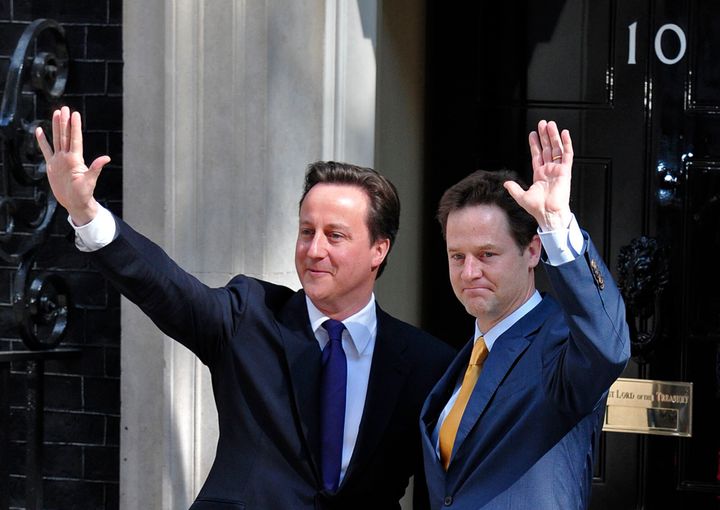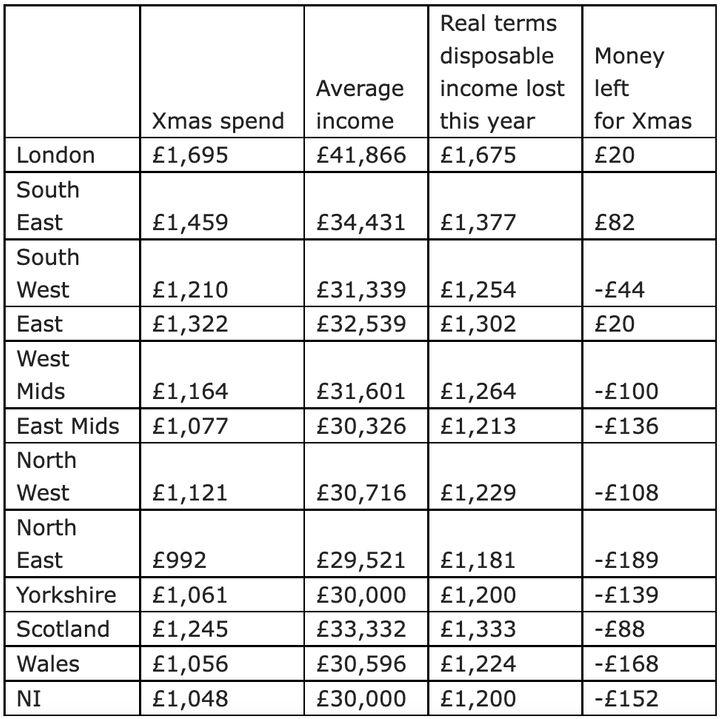
Most Brits think the Conservatives have made life worse – in many ways – since getting into power in 2010, a new poll has found.
In yet another blow to PM Rishi Sunak as his campaign continues to flounder, YouGov has revealed that that two thirds (67%) of Brits disapprove of the government’s record.
Advertisement
Three quarters (73%) think the UK is a worse place than it was 13 years ago, too – and that includes a majority (59%) of 2019 Tory voters.
In fact, even 61-68% of those planning to vote Tory in the next election agreed.
Of the 2,040 adults polled between 29 and 30 May, only 8% think the UK is better now, and 11% think life is pretty much the same.
YouGov also asked participants what they thought about how the government has handled 21 different topics, from social issues to healthcare.
The respondents were most united in their reaction to how the cost of living has changed over the last 14 years – 85% said the Tories had made it worse.
Advertisement
This was closely followed by the NHS, which 84% thought had worsened under the Conservatives.
The poll offered similarly bleak reactions over what has happened to immigration system and the economy in the last decade and a half with 78% saying both areas had worsened.
This will be an especially disappointing result for those in the Conservative headquarters considering the party has been pledging to reduce the number of migrants since David Cameron got into office.
The party has often portrayed itself as the one which is best at managing the economy, too – but it seems that reputation is now in tatters.
In fact, more than half of participants thought the Tories had made 15 of the 21 issues worse – including housing, crime and policing, Britain’s standing in the world and standards in public life.
A majority also had a poor opinion of what’s happened to the health of British democracy, the tax system, transport, schools, the state of the armed forces, the welfare system and local government services.
Advertisement
More than half (57%) said they thought Rishi Sunak was a poor or terrible prime minister, and only 13% thought he was a great or a good one.
YouGov is not the only one predicting a pretty bleak turnout for Sunak at next month’s election, either.
On Tuesday, Survation’s mega poll predicted the Conservatives face electoral wipeout at the general election, with just 71 MPs in a potentially “extinction level event” ahead.






 Freeview 236, Sky 512, Virgin 604
Freeview 236, Sky 512, Virgin 604 


















